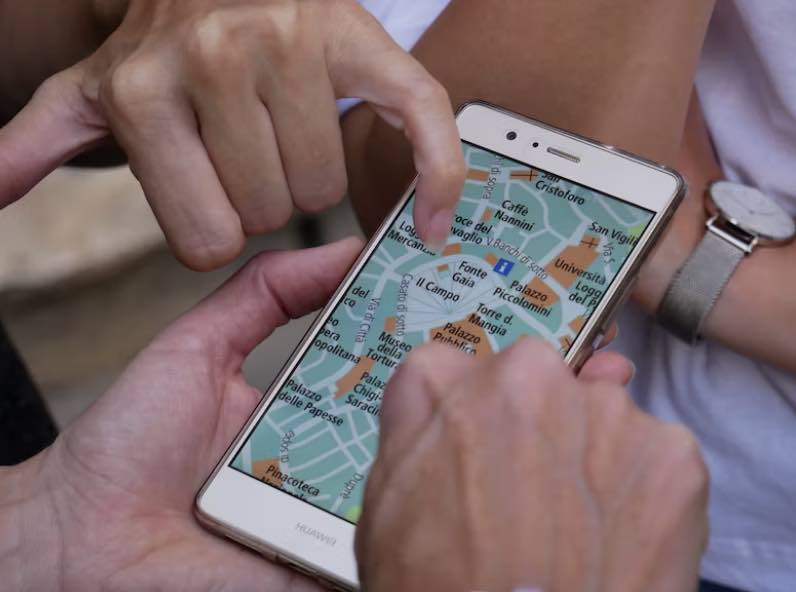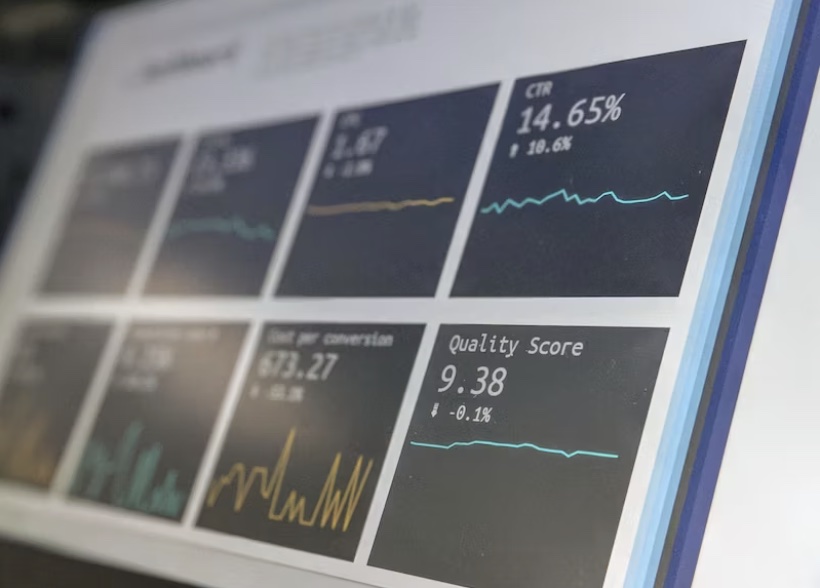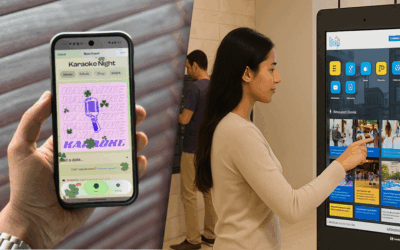Data has become an indispensable tool for DMOs and the tourism industry as a whole. It allows Destination Marketing Organizations (DMOs) to understand the needs and preferences of tourists, plan effective marketing strategies, and make informed decisions to optimize their services. The ability to analyze and use data effectively can make a significant difference in a DMO’s success.
- Data helps in making accurate decisions.
- It provides real-time insights about customers.
- Data aids in reputation management.
The importance of data in this industry is underscored by the fact that it enables accurate decision-making. For instance, big data can help predict customer demand, allowing DMOs to tailor their services accordingly. Furthermore, data analytics can provide real-time insights about customers, enabling organizations to make strategic decisions and improve their travel services.
Moreover, another critical use of data within the tourism industry is reputation management. In today’s digital age, customers can leave reviews on various platforms, which can significantly influence a destination’s reputation. By harnessing big data, DMOs can monitor and manage these reviews, ensuring they maintain a positive image and address any issues promptly.

Importance of Data-Driven Decision-Making for DMOs
- Data-driven decision-making helps DMOs stay competitive.
- It aids in forecasting customer demand and predicting industry trends.
- Data can increase revenue and improve customer experience.
Data-driven decision-making is crucial for DMOs as it enables them to stay competitive in the dynamic tourism market. By leveraging data, DMOs can gain insights into tourist behavior, preferences, and trends, which can guide their marketing and operational strategies.
For example, big data analytics can help DMOs in forecasting customer demand, thereby allowing them to optimize their resources and services. Additionally, data can help DMOs predict industry trends, enabling them to stay ahead of the curve and offer services that align with these trends.
By analyzing data, DMOs can identify opportunities for upselling and cross-selling, creating targeted marketing campaigns, and enhancing their service offerings to improve customer satisfaction.

Types of Data Collected from Tourists
DMOs collect various types of data from tourists to understand them better and cater to their needs effectively. This data typically includes:
Demographic Information
This includes details like age, gender, nationality, and income level. Such information can help DMOs understand who their target audience is and what their specific needs and preferences might be.
Travel Behavior and Preferences
Information about tourists’ travel behavior, such as their preferred destinations, travel frequency, length of stay, spending habits, and activities they engage in, can provide valuable insights for DMOs. This data can help them tailor their services to meet tourists’ preferences and expectations.
Social Media Engagement
In today’s digital era, social media platforms are a gold mine of data. DMOs can analyze tourists’ engagement on these platforms, such as their likes, comments, shares, and reviews, to gauge their interests and sentiments towards different destinations and services.
- Collecting demographic information helps understand the target audience.
- Understanding travel behavior and preferences allows DMOs to tailor their services.
- Analyzing social media engagement provides insights into tourists’ interests and sentiments.

How DMOs Can Collect Tourists’ Data
DMOs employ various methods to collect data from tourists. These include:
Digital Kiosks as a Data Collection Tool
Digital kiosks placed at tourist spots can serve as effective data collection tools. They can be used to gather feedback, conduct surveys, or provide information, all while collecting valuable data about the tourists using them.
Online Surveys and Feedback Forms
These allow DMOs to directly ask tourists for information about their experiences, preferences, and satisfaction levels. The data collected through these means can provide direct insights into what tourists want and how DMOs can improve their services.

Mobile Apps and Website Analytics
DMOs can use analytics from their mobile apps and websites to gather data about user behavior, such as the most visited pages, time spent on the app or website, and actions taken. This data can help DMOs understand what interests their users and how they interact with their digital platforms.
- Digital kiosks can serve as effective data collection tools.
- Online surveys and feedback forms provide direct insights into tourists’ experiences and preferences.
- Mobile apps and website analytics offer data about user behavior and interests.
Personalization and Targeted Marketing
- Personalized experiences resonate with the target audience.
- Targeted marketing based on data insights can improve engagement rates and ROI.
- Customized services enhance the tourist experience and increase customer satisfaction.
One of the key advantages of collecting tourists’ data is the ability to personalize experiences and marketing campaigns. By understanding tourists’ preferences and behaviors, DMOs can create personalized experiences that resonate with their target audience.
For instance, data can help DMOs tailor their marketing campaigns based on insights about their target audience’s preferences and behaviors. This targeted marketing can lead to higher engagement rates and improved return on investment.
Some DMOs have successfully leveraged tourists’ data to create personalized experiences. By using data about tourists’ preferences and behaviors, they have been able to offer customized services that enhance the tourist experience and increase customer satisfaction.

Enhancing Tourist Experiences
Data plays a crucial role in enhancing tourist experiences. By analyzing tourists’ feedback and behavior, DMOs can identify areas for improvement and implement data-driven enhancements in local attractions and services.
- Analyzing tourists’ feedback and behavior helps identify areas for improvement.
- Data-driven enhancements can significantly improve local attractions and services.
- Addressing areas of dissatisfaction can improve the overall tourist experience.
Data can help DMOs understand what tourists value most about their destination, allowing them to focus their efforts on enhancing these aspects. Similarly, data can also highlight areas where tourists are dissatisfied, enabling DMOs to address these issues and improve their overall experience.
Conclusion
In conclusion, data is an invaluable tool for DMOs in the travel and tourism industry. It enables them to understand their customers better, make informed decisions, and optimize their services to meet tourists’ needs and preferences. By leveraging data effectively, DMOs can not only enhance the tourist experience but also gain a competitive edge in the dynamic tourism market.




